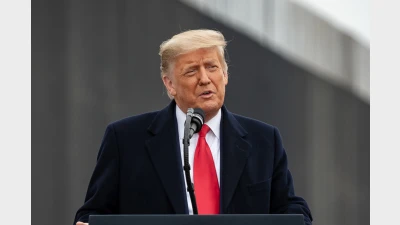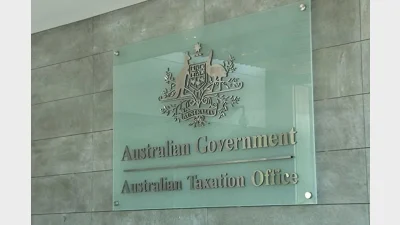(December-2002) Choice of super fund – has the Government lost the plot?
Recent rearrangements of the deck chairs in the Australian Senate have breathed new life into one of the Federal Government’s obsessions, the choice-of-fund legislation. For nearly four years, the Coalition has tabled and re-tabled in Parliament several versions of this proposal only to find that the Democrats have been uncooperative.
Now that it appears as though choice just might happen, it is worth standing back and reminding ourselves of its original purpose and its implications. Choice legislation has little, if anything, to do with introducing super fund competition and diversity. Believe that, and you’re likely believe in fairies at the bottom of the garden.
The introduction of competition and diversity was merely the rhetorical justification for the proposal, although that outcome is certainly not without merit. The real agenda was to curtail the power of industry funds by forcing employers to offer choice whether staff wanted choice or not. Recognising that most employees, possibly over 90 per cent, didn’t understand superannuation, were never likely to do so and had no interest whatsoever in choosing a fund, the Government introduced a “default mechanism” into the Bill which required employers (not employees) to nominate a fund into which staff would be placed if they failed to make a choice within 28 days.
Understanding the power of inertia is the key to understanding choice. The Government correctly speculated that very few people would want to choose a fund — such a decision was altogether too confusing and intimidating. It also correctly speculated that if the default fund choice had to be made by the employer, that very few employers would nominate a union sponsored fund. No longer would Labor stalwart Bernie “Sandman” Fraser be able to claim: “It’s the super of the future.” Treasurer Peter Costello’s strategy was to turn it into the super of the past.
Regrettably, the assumption behind the legislation, that the Prince of Darkness, Bernie Fraser and his Cohorts of Evil in the ACTU are set to take over Australian superannuation and capital markets is simply untrue and can easily be demonstrated by examining the market share that the industry funds don’t control. DIY funds (which constitute an impressive 96 per cent of all superannuation entities) control considerably more funds under management than industry funds. Certainly, the latter have millions of members, but a large proportion of these are people with micro-balances of less than $1,000 whose interest in their super is less than their interest in the state of the stock market in Greenland. This contrasts with the master fund and DIY segments, where average balances are often over $100,000.
It appears that for the Government choice of superannuation has become an ideological imperative, rather than a matter for reasonable and objective consideration. Needless to say, many interests within the financial services industry are hard at it reinforcing the Government’s resolve to win the political battle, believing choice will be a business goldmine.
However, it is utterly amazing to note in the most recent version of the legislation that there is also a new version of the default mechanism which will move the game squarely back in favour of industry funds. The latest Bill requires employers to offer unlimited choice. In general terms, if an employee fails to nominate a fund within the legislative time frame, the default mechanism requires contributions to be placed into the person’s award prescribed industry fund. The effect of this will be the exact opposite of what the Government set out to achieve — a win for industry funds undreamt of at the beginning of the Government’s journey four years ago.
In addition, the administration of the new law will become a nightmare as the regulator (probably the Taxation Office) will need an army of industrial award experts to ensure compliance by the thousands of businesses out there which are happily contributing to a master fund established through a financial institution. One would imagine that the regulator would receive a great deal of encouragement from industry funds to ensure that the law is policed and enforced strongly.
So why did the Government fall for this? One can only assume that someone in the halls of power has lost the plot. In the final analysis, the argument over choice in whatever form it ends up, is a convenient smokescreen to obscure what really should be happening in super: tax reform. But the chances of this happening are about as high as pigs flying. Indeed, total tax revenue collected in Australia rose nine per cent in financial 2000/01, while income tax paid by super funds in the same period increased by a whopping 23 per cent to $4.7 billion.
With this kind of government approved rape and pillage going on of Australians’ savings, any superficially attractive distraction from the main game, such as choice legislation, is always most welcome.
— Robert M.C. Brown is an executive director of Bridgeport — Advisers & Asset Managers.
Recommended for you
The responsible investment body is warning that a one-size-fits-all ESG framework mirroring those in the UK and the EU could do more harm than good.
Australian super funds are monitoring the US closely as President Donald Trump increasingly intervenes in corporate policy, moves that are reverberating through global markets and prompting reassessments of portfolio risk.
Industry fund HESTA has filed an appeal against an ATO decision on tax offsets from franking credits, with the Australian Retirement Trust set to file a similar claim soon.
The latest superannuation performance test results have shown improvements, but four in 10 trustee-directed products continue to exhibit “significant investment underperformance”, warns APRA.











